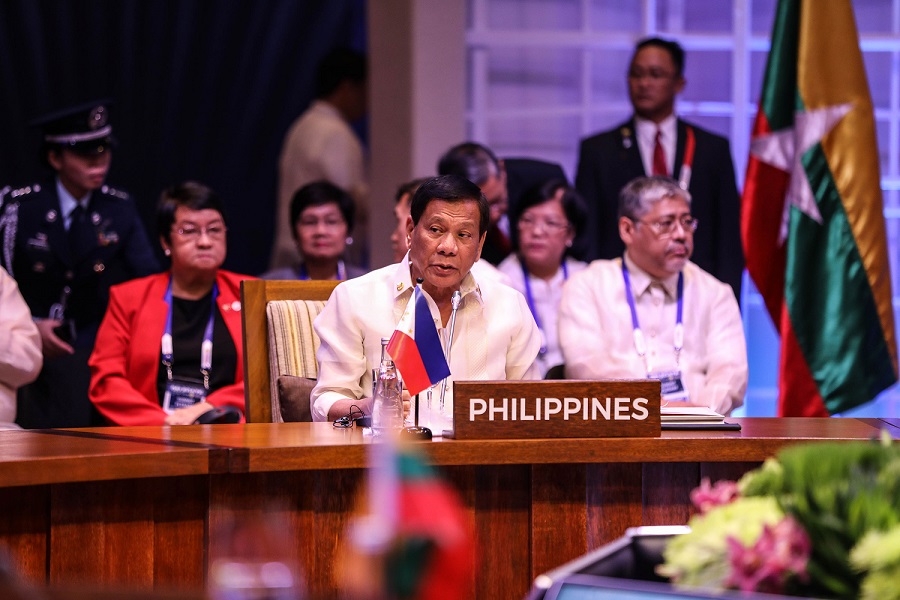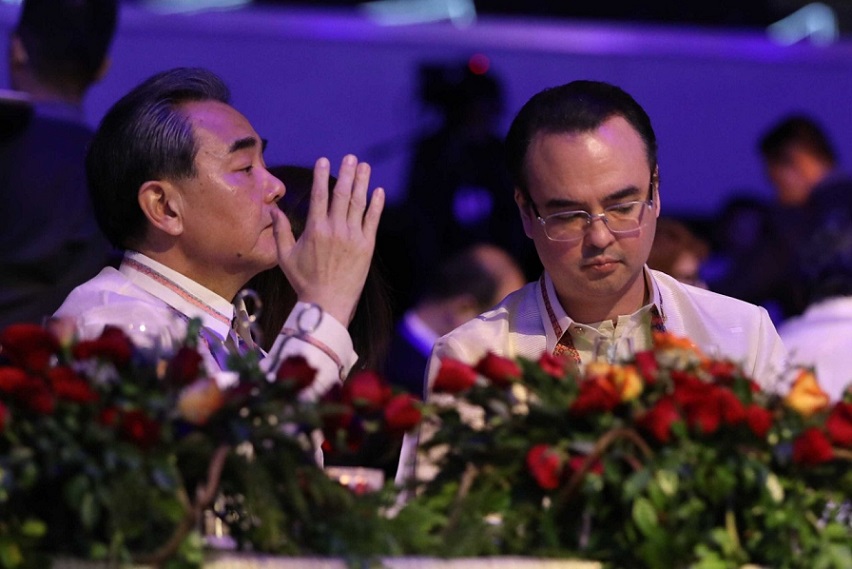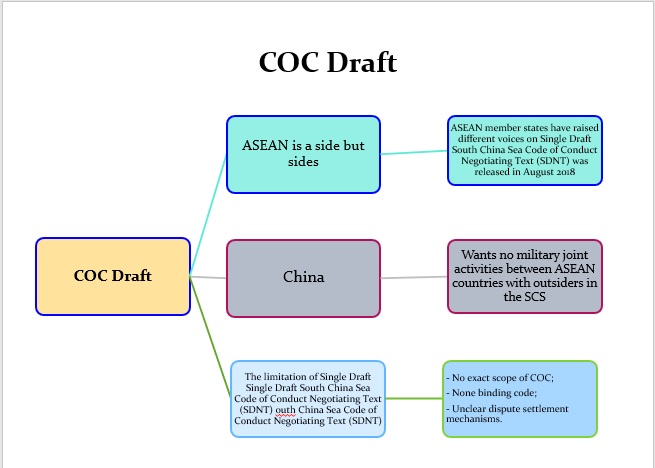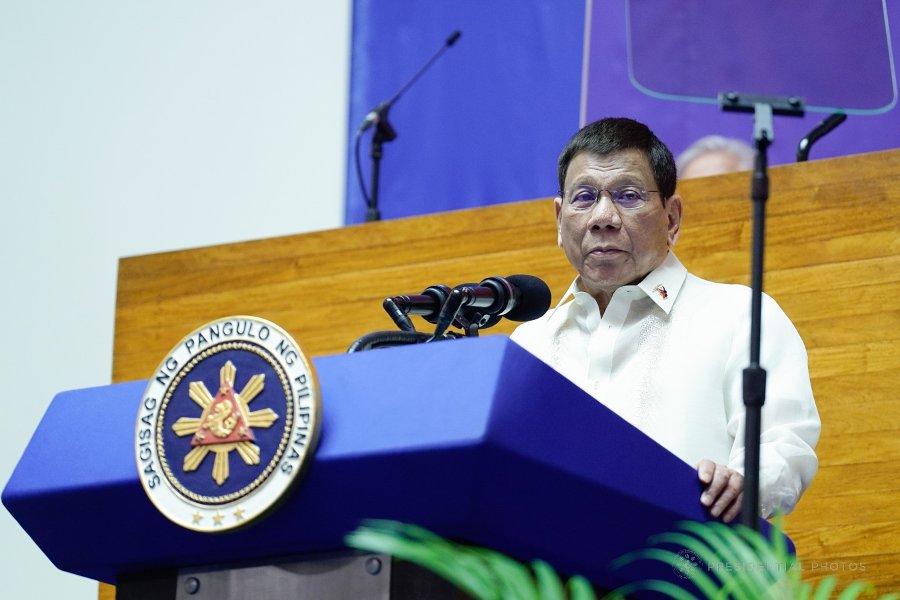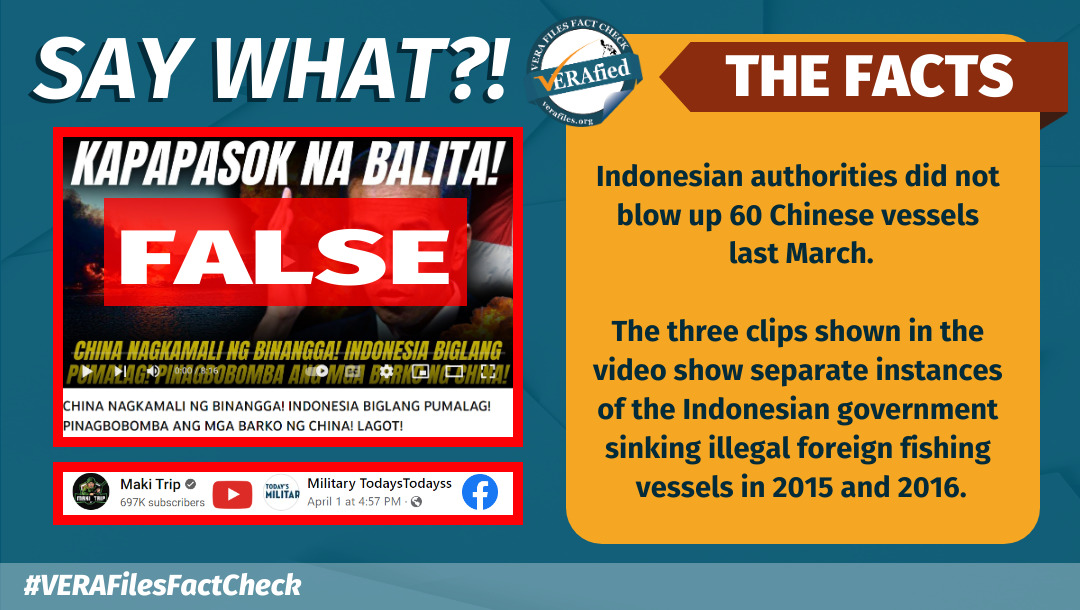As if nothing happened. No construction, no land reclamation, no more concerns expressed on the South China Sea dispute. This is how one can best describe how the Philippines as chair of the Association of Southeast Asian Nations summed up the discussion on the issue during the 31st ASEAN Summit in Manila on Nov. 13.
The chairman’s statement instead noted the improving relations between ASEAN and China and the positive momentum since the adoption last August of the framework of the Code of Conduct for the South China Sea (COC), which will facilitate the work and negotiation for the conclusion of a substantive and effective COC.
“Realistically constructive” was how a senior diplomat referred to the statement on the South China Sea that the Philippines as chair issued on Nov 16, two days after the summit meetings closed. It was on the same day that visiting Chinese Premier Li Keqiang concluded his official visit to Manila.
“We discussed the matters relating to the South China Sea and took note of the improving relations between ASEAN and China and, in this regard, are encouraged by the adoption of the framework of the (COC), which will facilitate the work and negotiation for the conclusion of a substantive and effective COC,” the statement said.
“In view of this positive momentum, we looked forward to the announcement of the start of substantive negotiations on the COC with China at the 20th ASEAN-China Summit and the subsequent convening of the 23rd ASEAN-China Joint Working Group Meeting on the Implementation of the DOC in Viet Nam in early 2018,” it added.
An earlier draft of the statement did not contain any text on the South China Sea. “Chair to provide,” were instead written in brackets in that section of the draft. In a similar draft of the 30th ASEAN Summit in April, before it was struck out in the final chairman’s statement, there was still the concern on “land reclamation and militarization that may further complicate the situation…”
Unlike an ASEAN Ministerial Meeting Joint communiqué, the ASEAN chairman’s statement is the chair’s summary of the meeting. The AMM joint communiqué is a negotiated text and requires consensus. In August, even if the concern was not echoed by the majority, communiqué nevertheless noted “the concerns expressed by some Ministers on the land reclamations and activities in the area, which have eroded trust and confidence, increased tensions and may undermine peace, security and stability in the region.”
Still, even if it was not shared by all, the Chair nevertheless noted “concerns expressed by some Leaders over recent developments in the area.”
Those developments pertained to China’s land reclamation in the disputed seas and installation of weapons systems, as well as construction runways and other facilities there.
In the recently concluded summit in Manila, however, concerns were already rephrased in a rather constructive language such as reaffirming the importance of maintaining and promoting peace, the need to enhance the mutual trust and confidence and emphasized the importance of “non-militarization” as opposed to “serious concerns on the militarization of the area.”
“We likewise reaffirmed the importance of maintaining and promoting peace, security, stability, maritime safety and security, rules-based order and freedom of navigation in and overflight above the South China Sea. In this regard, we further reaffirmed the need to enhance mutual trust and confidence, emphasized the importance of non-militarization and self-restraint in the conduct of all activities by claimants and all other states, including those mentioned in the DOC that could further complicate the situation and escalate tensions in the South China Sea, and stressed the need to adhere to the peaceful resolution of disputes, in accordance with universally recognised principles of international law and the 1982 United Nations Convention on the Law of the Sea (UNCLOS),” the chairman’s statement read.
What else are in the ASEAN Chairman’s statement?
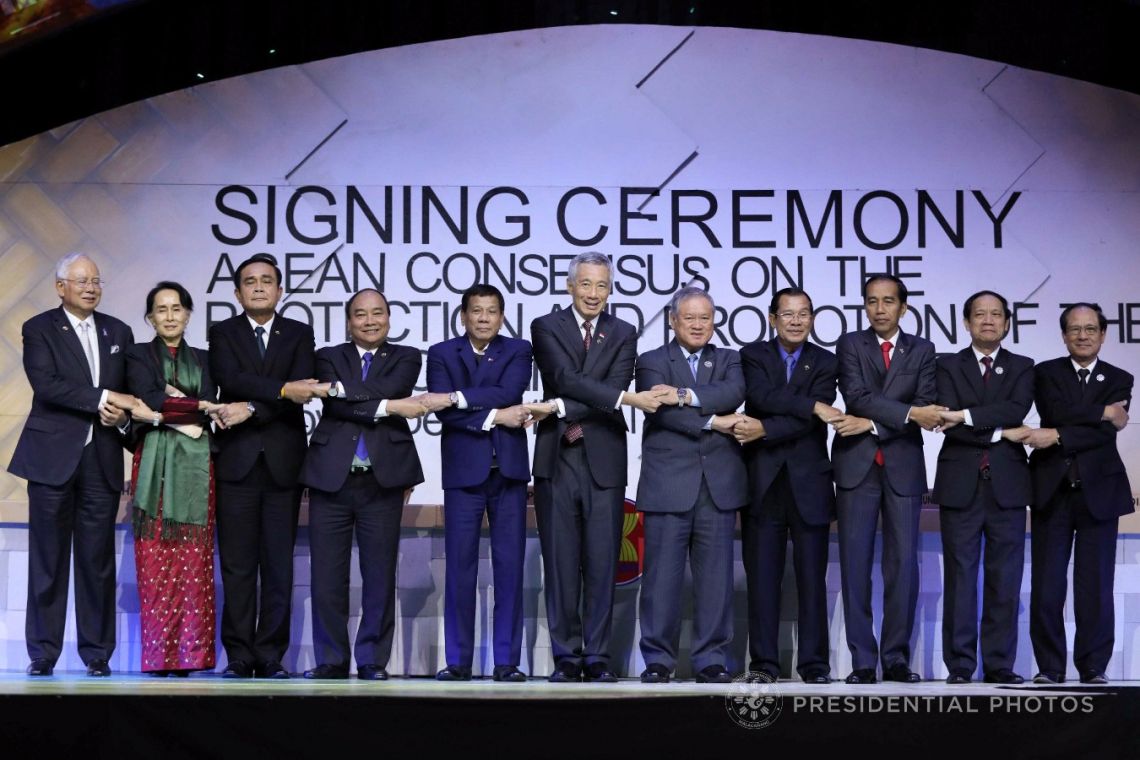
ASEAN leaders do the “ASEAN way” of handshake. (Photo from PCOO)
On Rohingya Muslims
ASEAN urged Myanmar to continue implementing the numerous recommendations in the Advisory Commission’s final report, and welcomed the commitment of the country’s officials to take immediate steps to end the violence in the Northern Rakhine state.
It acknowledged the commitment by authorities to ensure the safety of civilians, and give due assistance to the Rohingya Muslims, where around half a million have reportedly fled to Bangladesh for safety, in an exodus that has caused global outrage for what the United Nations had called an “ethnic cleansing.”
In September, Malaysia dissociated itself from the ASEAN statement on the Myanmar crisis issued by Foreign Affairs Secretary Alan Cayetano, which made no mention of the word “Rohingya,” saying it was a “misrepresentation of the reality of the situation,” and not based on consensus.
On migration
ASEAN signed the Consensus on the Protection and Promotion of the Rights of Migrant Workers, and called it a “living document that will continuously evolve in the years to come.” (See VERA FILES FACT SHEET: Timeline of landmark ASEAN document on migrant workers)
On the Korean peninsula dispute
As in the previous Chairman’s statement, ASEAN again expressed grave concern over North Korea, whose nuclear program seriously threatens peace, security and stability, and expressed resumption of dialogue to “de-escalate tensions” in the region. (See East Asia urge destruction of chemical weapons)
On human rights
The ASEAN made no mention of the alleged human rights violations in the country linked to the war on drugs, an issue that state leaders were expected to take up with the Chair.
However, it noted initiatives in promoting policies against online child sexual exploitation in the region and efforts in combating trafficking in women and children, among them the endorsement of the Bohol Trafficking in Persons (TIP) Work Plan 2017-2020.
On illegal drugs
The ASEAN adopted the Cooperation Plan to Tackle Illicit Drug Production and Trafficking in the Golden Triangle 2017-2019, which charts the region’s actions for the next two years in tackling the drug problem. It also recognized efforts in strengthening cooperation on information sharing and intelligence exchange among drug control agencies
On the youth
ASEAN adopted the first Youth Development Index report, which it says provided “reliable youth development-related data for policy-making and programme planning.”
A copy of the document is yet to be made available, but National Youth Commission chair Cariza Seguerra, reading a press release, said the document provides a “springboard for initiatives on youth development in the region,” and aims to profile youth and determine areas that need greater attention.
On climate change
The ASEAN issued a joint statement on climate change, in line with the ongoing 23rd Session of the Conference of the Parties to the United Nations Framework Convention on Climate Change in Bonn, Germany.
Climate change policies, it said, should take into account calls upon developed countries to help ASEAN countries strengthen disaster response and climate change adaptation, and promote low-carbon and climate-resilient cities, among others.
On disaster and health
ASEAN has adopted the ASEAN Leaders’ Declaration on Disaster Health Management and has recognized the efforts in extending humanitarian response for the Rohingya, along with victims of the Northern Vietnam flooding and the displaced communities in Marawi City. – With Maria Feona Imperial and Arianne Christian Tapao
